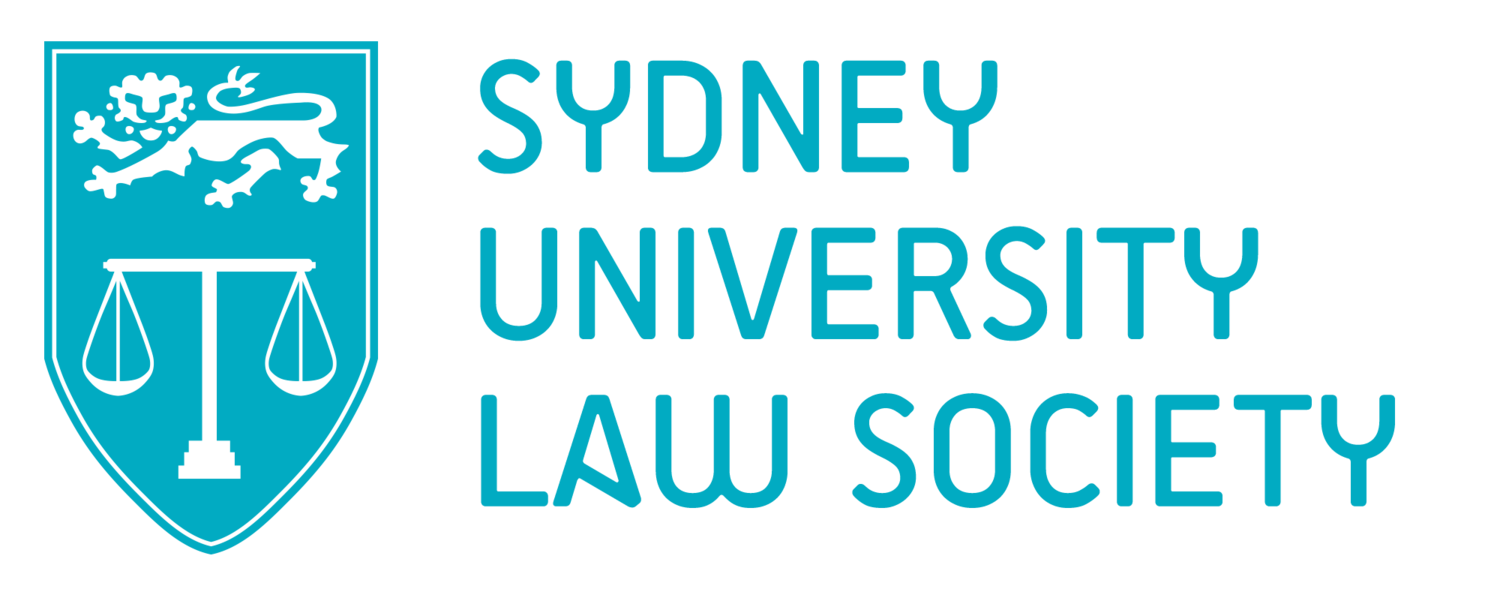Footnotes - COVID-19 and the Law
Footnotes is a podcast by SULS hosted by students, for students, presenting new and intriguing stories about the law and supported by Gilbert + Tobin. Here are the highlights from their most recent episode where we explore how COVID-19 has impacted our lives and catalysed changes to the legal profession.
Law profession
The unprecedented circumstances of COVID-19 have not only raised a number of substantial legal questions, but it's also made a significant impact on the legal industry. What do you think about that?
Courts have always been a place of theatrical tradition, so to move things online has been quite revolutionary. Technology is taking on a really important role with the New South Wales Supreme Court and the Federal Court creating a virtual courtroom through a combination of phone conferencing, WhatsApp and Microsoft Teams. Some people have been hopeful that the impact of COVID-19 is actually driven innovation in what has always been a fairly archaic court process.
On the flip side, there are the problems that we might be seeing as we're adopting technology in the long run. I think there's a lot of significance in everyone coming together face-to-face in one room to resolve conflicts. By relying on technology, we miss that. It might also overlook issues of access to the proper technology and infrastructure: if you're in a remote community or don't have stable access to fast or reliable Internet, it's going to be a real issue of procedural fairness.
Either way, do you think these new practises and methods will be here to stay or is it temporary?
I think it's good to know that we can trust the technology to work. Plan A is still to have everyone come together but worst-case scenario we have a Plan B that we like, at least for civil proceedings. I think it's going to get a bit more complicated in terms of criminal trials and getting together a jury. Any new jury trials were actually suspended because of COVID but the ones that are still have had to deal with a lot of issues as well.
Around the country, the courts have been given greater discretion to order judge alone trials to limit contact and reduce the risk of infection. In most jurisdictions, the accused has to consent to the judge-alone trial. However, the ACT equivalent actually allowed judges to order these trials, whether the accused consented or not. That has led to a wide range of concerns, especially from the Law Council of Australia, since the right to a jury trial is actually one of Australia’s few expressed constitutional rights at the federal level. Removing a jury takes away the role of the community in the justice system, which is especially important in a criminal trial. Some have argued that this reduces accountability in the legal system as a whole.
